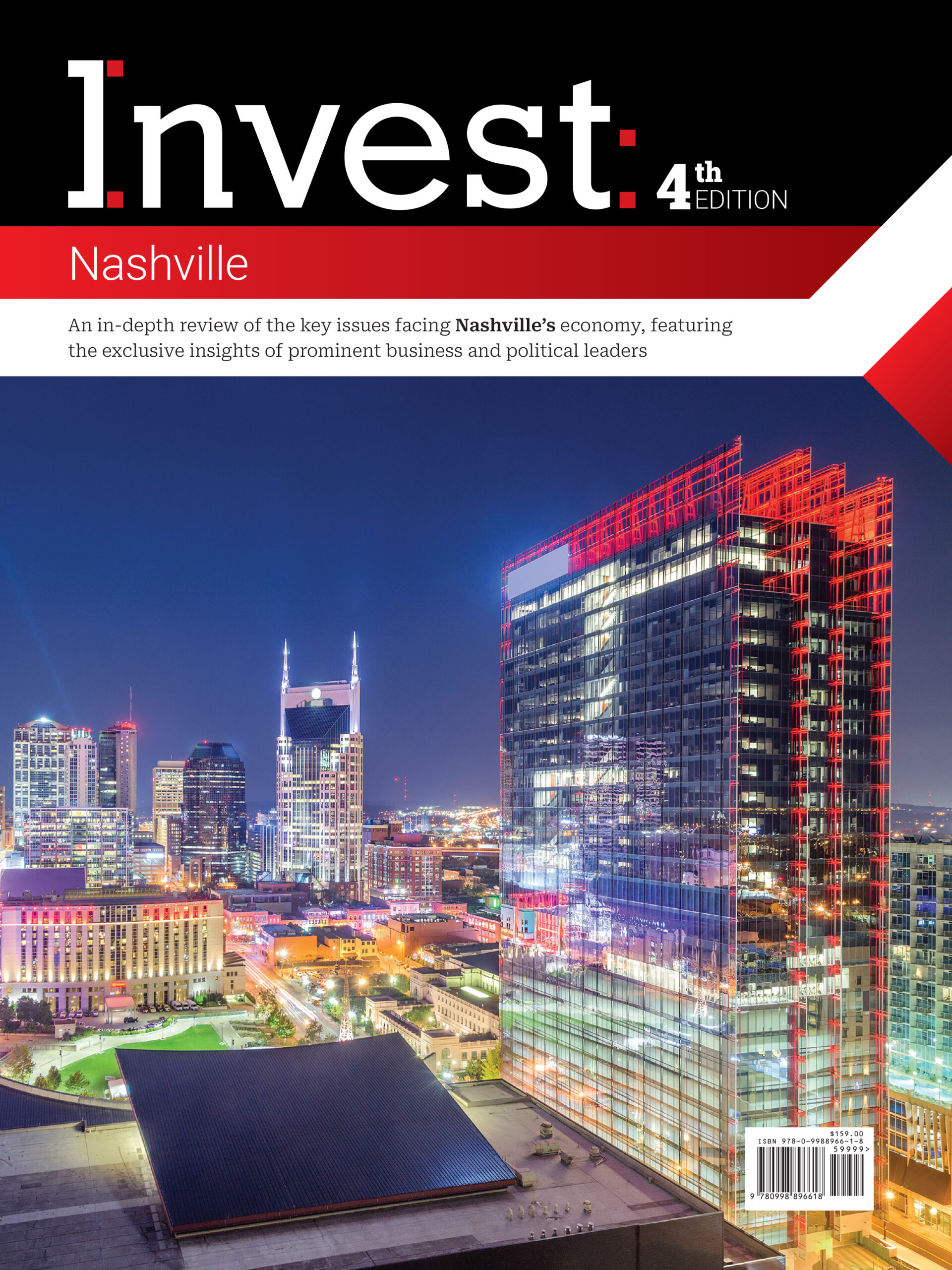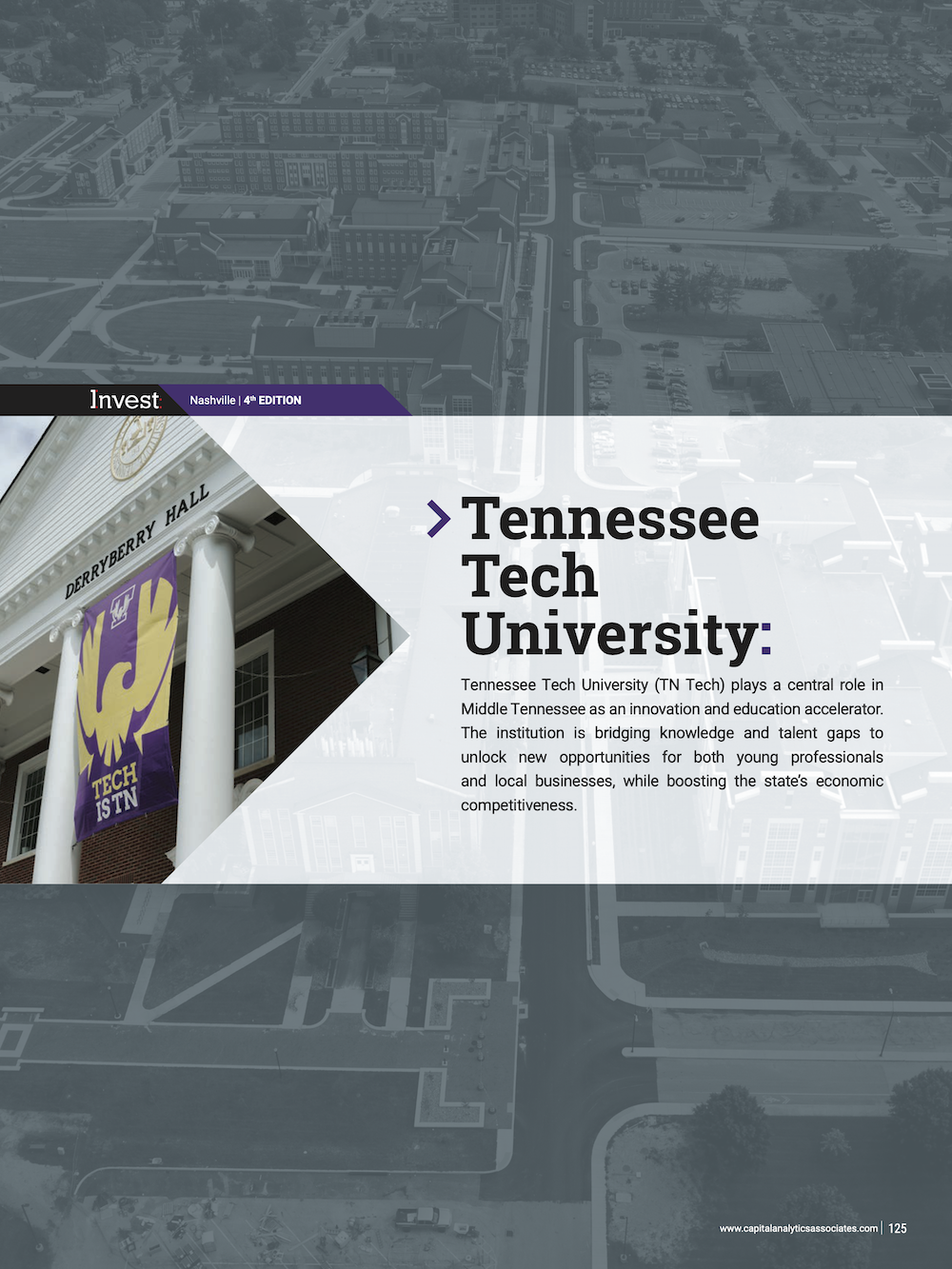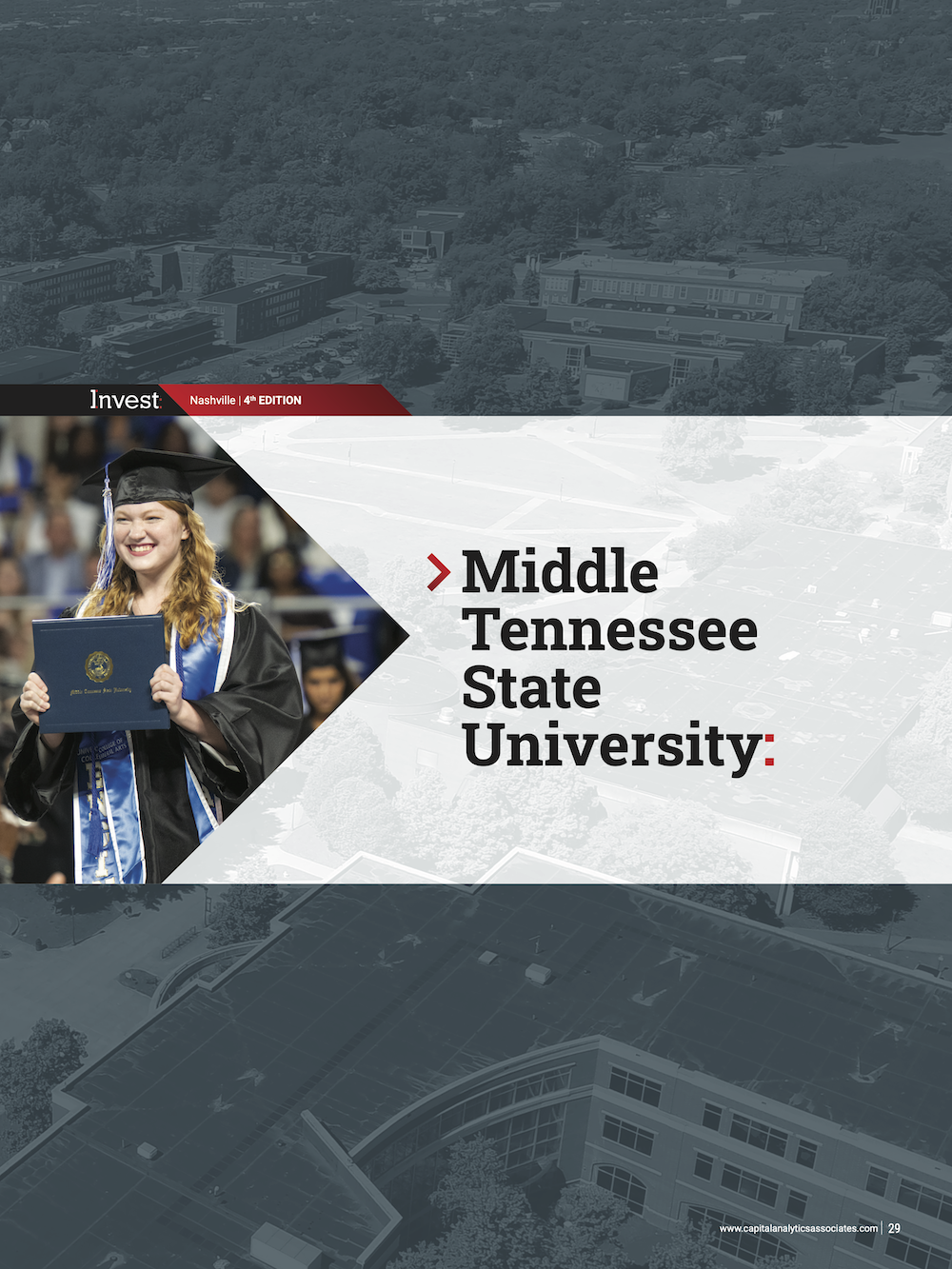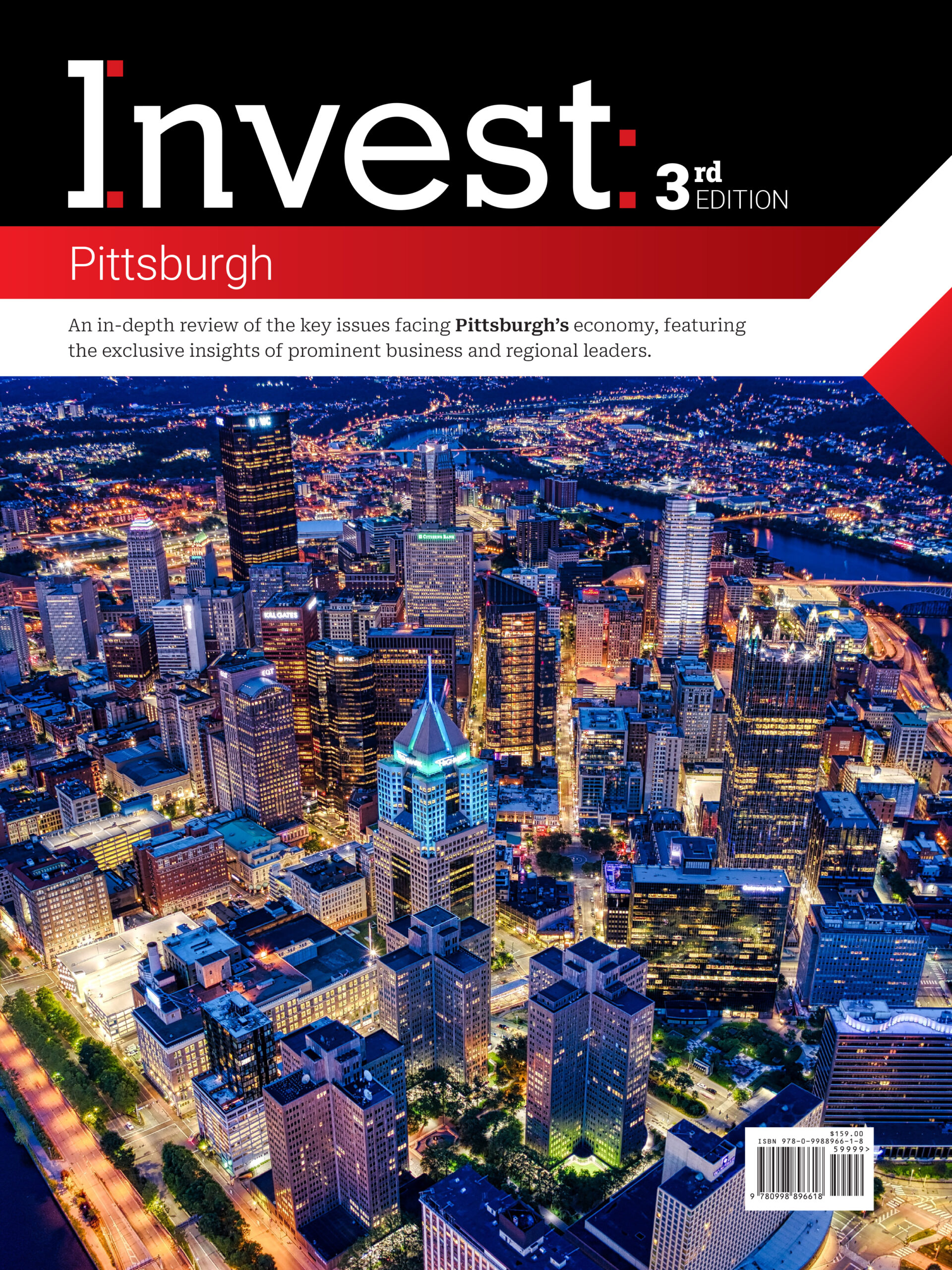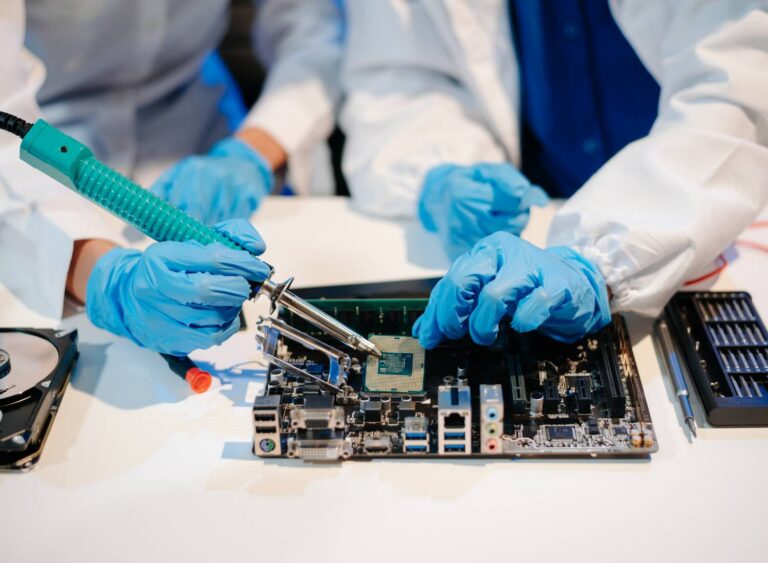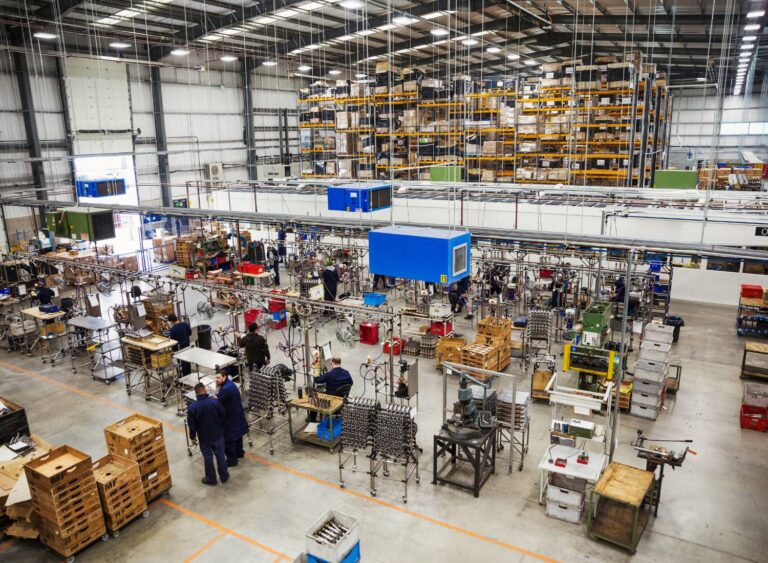Spotlight On: Chris Wallace, President & CEO, North Texas Commission
 May 2023 — Invest: was joined by Chris Wallace, president and CEO of the North Texas Commission, to discuss why the region has become a magnet for top business growth that rivals any in the country. “It is critical that we have a safe, diversified economy here in the country that embraces innovation,” he said.
May 2023 — Invest: was joined by Chris Wallace, president and CEO of the North Texas Commission, to discuss why the region has become a magnet for top business growth that rivals any in the country. “It is critical that we have a safe, diversified economy here in the country that embraces innovation,” he said.
What have been your key takeaways from the past year?
Many of our highlights were from the legislative arena. We are made up of the region’s largest employers and public sector leadership, so our counties, cities, universities, and community college system leadership as well as independent school districts are involved. That is important because we bring the public and private sector leaders together to tackle the region’s biggest challenges. Many of those challenges right now lie in pending legislation. During the 88th Legislative Session, we tracked just under 400 bills, dealing with everything from workforce readiness to ensuring our education systems are funded and viable, and those that addressed workforce pipeline issues. There was a lot of legislation related to infrastructure and the economic competitiveness of Texas. North Texas makes up 30% of the state’s GDP, so we will continue to ensure our leaders, in both the public and private sectors are engaged and our voices are heard.
What are the key challenges facing the region?
Our Top 3 challenges are very real. The main one is the workforce pipeline and not just for North Texas but for the entire state. Without a ready and educated workforce, our region will lose out on major business relocations and growth. As companies have continued to move into North Texas, there has been an increased need for trade-based skills like welding, HVAC, electricians. By convening North Texas business leaders, higher education partners, and independent school districts, the Commission can fully understand what advocacy needs to be done to ensure our region’s workforce continues to thrive.
The second challenge is infrastructure. Specifically, mobility, and our ability to move from point A to point B, whether for goods and services, employees, or students. In North Texas, we have a 2045 plan for the region that has been very well executed. North Texas provides a transportation system of choice, which is not something you will find in any other region in the state. We have a managed lane network, a roadway network, and a transit network unlike any other in Texas that allows people to move freely and safely, especially between the four core counties: Tarrant, Dallas, Denton and Collin. According to the latest Census data, there are roughly 7.7 million people living in DFW today and we continue to grow minute by minute. With a booming population, it is necessary that we continue to invest in infrastructure. During the 88th Session, we saw infrastructure-related legislation that focused on addressing essential utilities like water, expanding broadband access, and creating a sustainable electric grid. All things that are needed to ensure Texans are able to live comfortable and equitable lives.
Finally, our third challenge is housing attainability. We saw a couple of bills filed addressing this but it’s a local issue that is unique to individual communities. What I mean by housing attainability is affordability; what is an affordable cost of living for the broader workforce. . In addition to addressing the cost of housing, many communities are working to fine-tune transit systems to ensure they provide an accessible route for residents that travel from city to city or county to county. That’s where the sweet spot of the North Texas Commission is. We convene a lot of these players to make sure the region is collaborating and communicating at the highest level.
What are the top advantages of doing business in North Texas?
We are made up of many industries, primarily in the areas of trade, transportation, business and financial services, education, healthcare, manufacturing, and particularly aviation and defense. Companies know North Texas is a safe bet. There’s a reason there are 23 Fortune 500s in North Texas and 54 altogether in Texas. No other state has more Fortune 500 companies than Texas.
Another essential aspect is that Texas has a reasonable regulatory climate. Businesses seek a stable and predictable business climate, not only from an economic standpoint but political as well. That is where the Commission comes in, we work to advocate for a business environment that safe and stable for all industries. Texas also has a rational tax system. A lot of focus in the legislature was on tax structure and what changes are available to give taxpayers a break with refunds. entered the 88th Legislative Session with a $33 billion surplus, which is more than a lot of states have in their entire budget. It’s unprecedented. We wanted to give that back to taxpayers but from an equity standpoint, and to understand how that impacts business and residents.
The other advantage is easy accessibility. DFW Airport is the second-largest and busiest in the world and serves as the economic engine of the region. We’re in the central time zone so a business leader can fly out to the East or West Coast and still get home on the same day. Many other large metro areas don’t have that asset. One fact that many people don’t know is that the Commission was created 52 years ago with the purpose of creating a large regional airport. The Commission continues to advocate for the growth and economic success of DFW Airport.
What is your outlook for the next two to three years?
North Texas will continue to grow, and our economic forecast is bright. Over the next five years we are projecting an economic output of real gross product of under 3% annually. Oil and gas will continue to dominate. We are also expanding a big gain in job growth. Compared to other regions, we’ve been better able to weather the pandemic and recessionary fears, particularly inflation, because we are equipped and prepared with a diverse industry base. With our employment growth, a lot of people continue to move here. It’s our job to keep it this way and ensure sustainability, working every day on economic competitiveness for the state and region.
For more information, visit:

